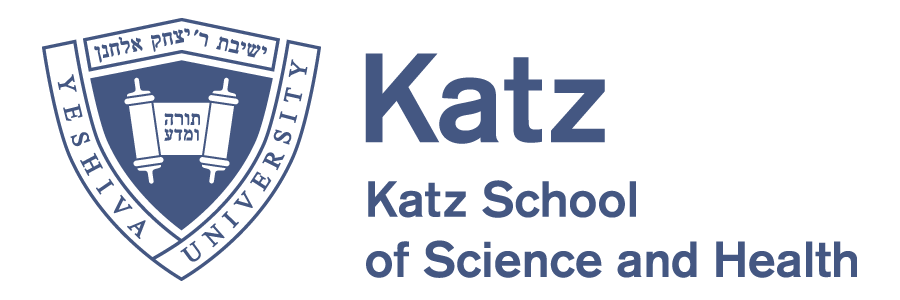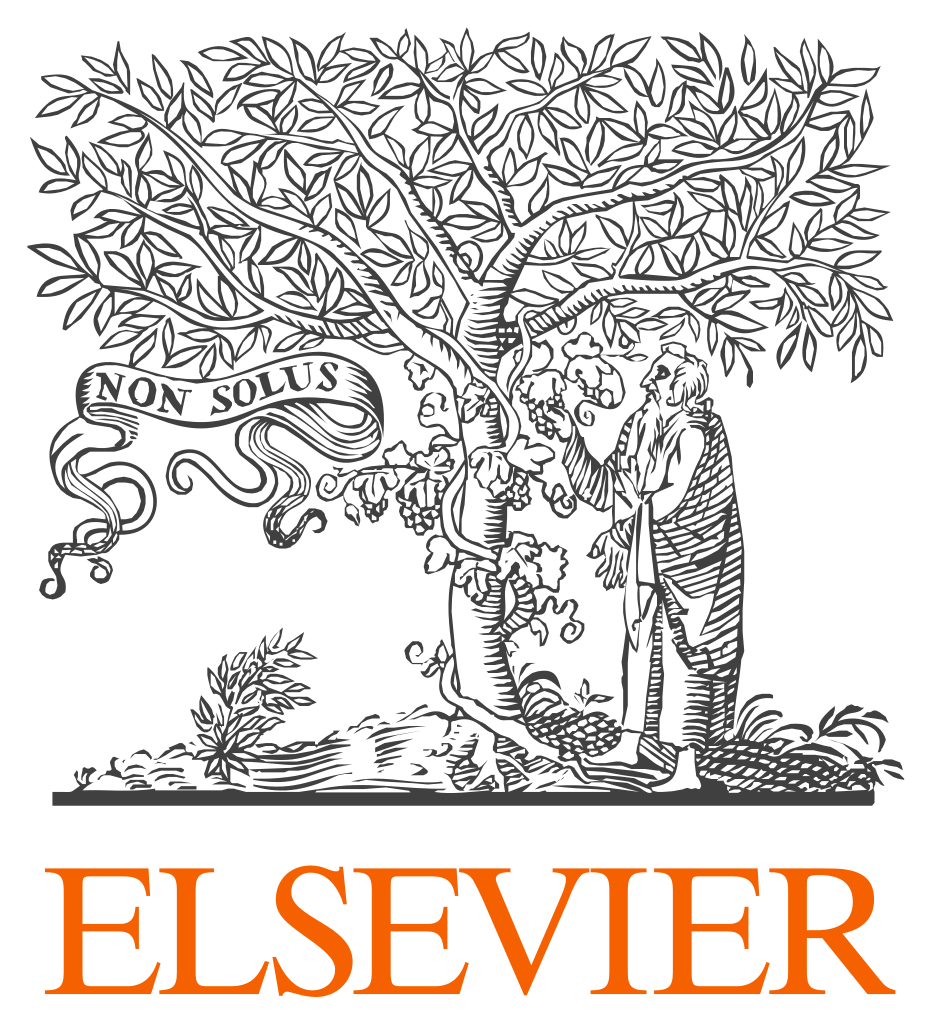Generative AI for Smart and Connected Health: Innovations, Challenges, and Applications
In conjunction with IEEE/ACM CHASE 2025, Manhattan, New York City, USA.
Overview:
The rapid advancement of generative AI has created new possibilities for smart and connected health, providing powerful tools for remote healthcare delivery, real-time monitoring, predictive analytics, and personalized patient care. However, these advancements also bring unique challenges in model performance and transparency, security, privacy, fairness, explainability, and ethical deployment within healthcare contexts. This workshop seeks to bring together researchers, healthcare professionals, and industry leaders to explore and discuss the latest innovations, research findings, and future directions for generative AI in smart and connected health. We invite original research, case studies, and position papers that address any of the following themes:
Topics of Interest:
Submissions should be relevant to the core theme of "Generative AI for Smart and Connected Health" and may cover, but are not limited to, the following topics:- Innovative Approaches and Applications of Generative AI in Smart and Connected Health
- Generative Models (e.g., LLM, Diffusion Models) for Healthcare Data Synthesis (e.g., EHR, Medical Imaging, Sensor Data)
- Generative Models for Wireless Sensing and Vital Sign Monitoring
- Large Language Models and Multi-modal Large Models in Healthcare
- Federated Learning for Generative AI in Healthcare
- Privacy, Security, Explainability, Fairness, and Ethical Challenges in Smart and Connected Healthcare
- Predictive Analytics and Real-Time Monitoring for Connected Health Systems
- Integration of Generative AI with Digital Twins for Connected Health Systems
- Integration of Generative AI with Internet of Medical Things and Healthcare Infrastructure
- Generative AI for Disease Detection, Diagnosis, Treatment, and Prevention
- Generative AI for Health Disparities and Equity
Submission Guidelines:
We invite submissions that contribute to foundational theory, novel methodologies, and practical applications within the field of Generative AI for Smart and Connected Health. Submissions can take the form of:- Research papers should be between four and eight pages, including references, figures, and all other content. Submissions must contain original work not previously published or under consideration elsewhere. Papers that introduce novel technological solutions (including early and in-progress work) and vision or position papers outlining emerging challenges and gaps in the field are encouraged. Accepted research papers will be presented orally and included in the workshop proceedings, archived in the ACM Digital Library.
- Extended abstracts limited to one page, plus references, and may describe early-stage work or work in progress. They will be presented as posters and published on the workshop website.
- Demo proposals should describe a technology or system and outline how it will be demonstrated at the workshop. They are limited to one page, plus references.
Formatting:
Submissions should follow the ACM conference proceedings format. All submissions will undergo a peer-review process, and accepted papers will be included in the workshop proceedings.
Submission Site:
https://easychair.org/conferences/?conf=genai4schImportant Dates of Generative AI Workshop:
- Workshop Paper Submission Deadline: February 16, 2025 (Firm).
- Notification of Acceptance: March 10, 2025.
- Camera-Ready Submission: March 17, 2025.
- Workshop Date: June 26, 2025.
Workshop Organizers
-
Dr. Yuanxiong
Guo
Department of Information Systems and Cyber Security
The University of Texas at San Antonio, USA -
Dr. Xuyu Wang
Knight Foundation School of Computing and Information Sciences
Florida International Universit, USA -
Dr. Feng Liu
Department of Systems and Enterprises
Stevens Institute of Technology, USA -
Dr. Yanmin Gong
Department of Electrical and Computer Engineering
The University of Texas at San Antonio, USA -
Dr. Nan Kong
Weldon School of Biomedical Engineering and Edwardson School of Industrial Engineering
Purdue University, USA -
Dr. Lixin Song
UT Health San Antonio School of Nursing, USA





